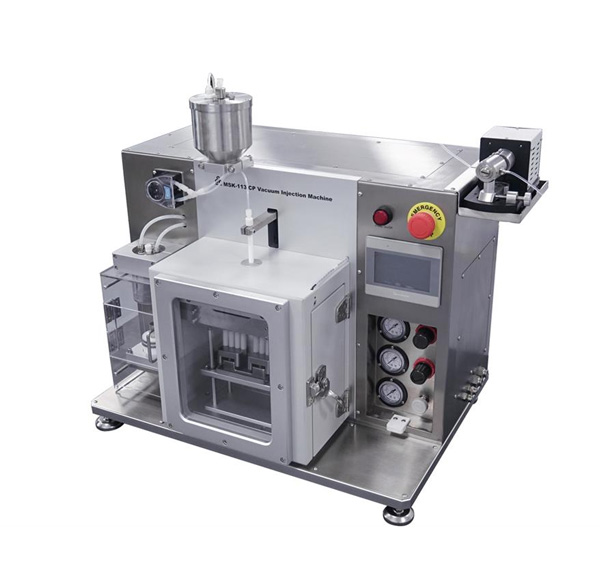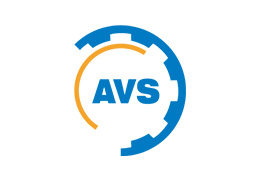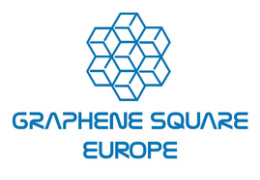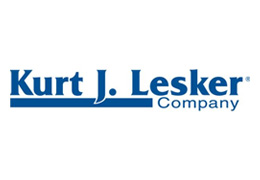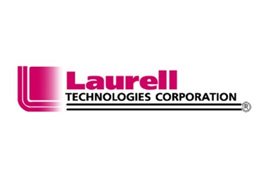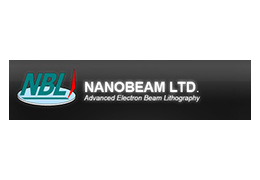| Advanced Features | - Vacuum liquid electrolyte injection for both pouch and cylinder cell batteries with the programable setting via the touch screen controller.
- Pouch cell vacuum sealing, electrolyte injection, vacuum standing three in one design
- Cylinder cell vacuum electrolyte injection, vacuum standing, electrodes immerging under pressure
- It could be used either in or outside of the glove box
- Electrolyte injection speed adjustable
- The electrolyte filler with a speed control console and injection pump for the high-precision dispensing is integrated into the system
- Electrolyte injection could be done under different vacuum levels in order to achieve a better electrode immersion
- Compact & desktop; One unit with PLC control
 |
Input Power
| - AC 208 - 240 V 50/60 Hz Single phase
- Power: 1.2 KW
- AC 110V single-phase version is available upon request
|
Working Gas
| - 0.5~0.8 Mpa high purity compressive inert gas (Ar is preferred) is required for driving the pneumatic system in the glovebox
- Continues dry inert gas purging for the working chamber is required to maintain a dry atmosphere for electrolyte injection and diffusion
- Air compressors and fitting are required if used in the dry room, but not included. please click here to order
- Attention: If a gas cylinder is used instead of an air compressor(pic2), a two-stage pressure regulator(pic1) must be installed on the gas cylinder to limit the pressure within the required working range for safe operation. Click here to learn the installation of a gas regulator
 pic1 pic1 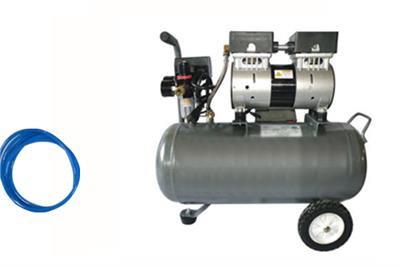 pic2 pic2 |
| Electrolyte Dispenser | - Electrolyte plunger metering pump is included for precise electrolyte filling; Injection Accuracy: 3 %
- During the electrolyte injection and vacuum standing under the vacuum, The liquid electrolytes would be vaporized. Please consider refilling the electrolyte if necessary
- Electrolyte filling volume and injection rate adjustable via touch screen PLC control
|
| Pouch & Cylinder Cell Size Adaptability | - Pouch cells: Max. L 150 mm * W 100 mm * H 12 mm
- Cylinder cells: 18650; Customizable: 21700 & 4680
|
| Control Panel | Color touch screen panel to set programma for vacuum level, inert gas filling, electrolyte injection amount, sealing temperature, and time.
- Vacuum Degassing:
- Vacuum range: -95 ~ 0 kPa adjustable
- Dwell Time: 0~99 seconds adjustable
- Inert gas filling:
- Max. pressure: 110 Kpa max. adjustable
- Dwell Time: 0~99 seconds adjustable
- Sealing Temperature and time:
- Two digital temperature controllers on the front panel provide independent control for the left and right heating dies.
- Temperature range: 50 ~ 250 ℃ adjustable (accuracy +/- 2 ℃)
- Recommended sealing temperature: 180~190 ℃
- Sealing time: 0 ~ 99 seconds adjustable (5 ~ 6 seconds is recommended)
- Electrolyte injection:
- 0.3 ml - 100 ml programmable under normal atmosphere
- Injecting under vacuum or inert gas selectable
|
| Pouch Cell Sealing Die | - Sealing width: 6 mm (Customizable)
- Sealing length: ≤ 180 mm
|
| Pouch Cell Sealing Pressure | - Maximum sealing pressure: 70 kg*f
|
| Cylinder Cell under pressure | - Maximum applied pressure 120 KPa
|
| Vacuum Pump (not included) | - Double-stage rotary vacuum pumps are needed for vacuum diffusion and degassing and vacuum sealing. Please click the picture below to purchase separately.
 |
| Dimensions | - 750 mm Length x 470 mm Width x 650 mm Height
 |
| Net Weight | |
| Warranty | - One-year limited warranty with lifetime support
|
| Compliance | - NRTL Certification is available upon request at an extra cost
|
| Operational manual & Video | |
| Application Notes | - Please clean the sealing dies after each use. Clean the sealing die after it has cooled down to avoid corrosion by the electrolyte.
- The featured air-tight chamber enables the operation under the Ar atmosphere where Lithium-Sulfur, Lithium Air, Lithium Solid-State, will be assembled. Please click the images below to understand these technologies and how it fits in a glove box.
- Please add the high-precision digital balance to the chamber in order to monitor and evaluate the liquid electrolyte lost during the vacuum electrolyte injection. Because there might be some liquid electrolyte evaporation caused by the pressure difference between the liquid electrolyte tank and vacuum chamber.
 |
